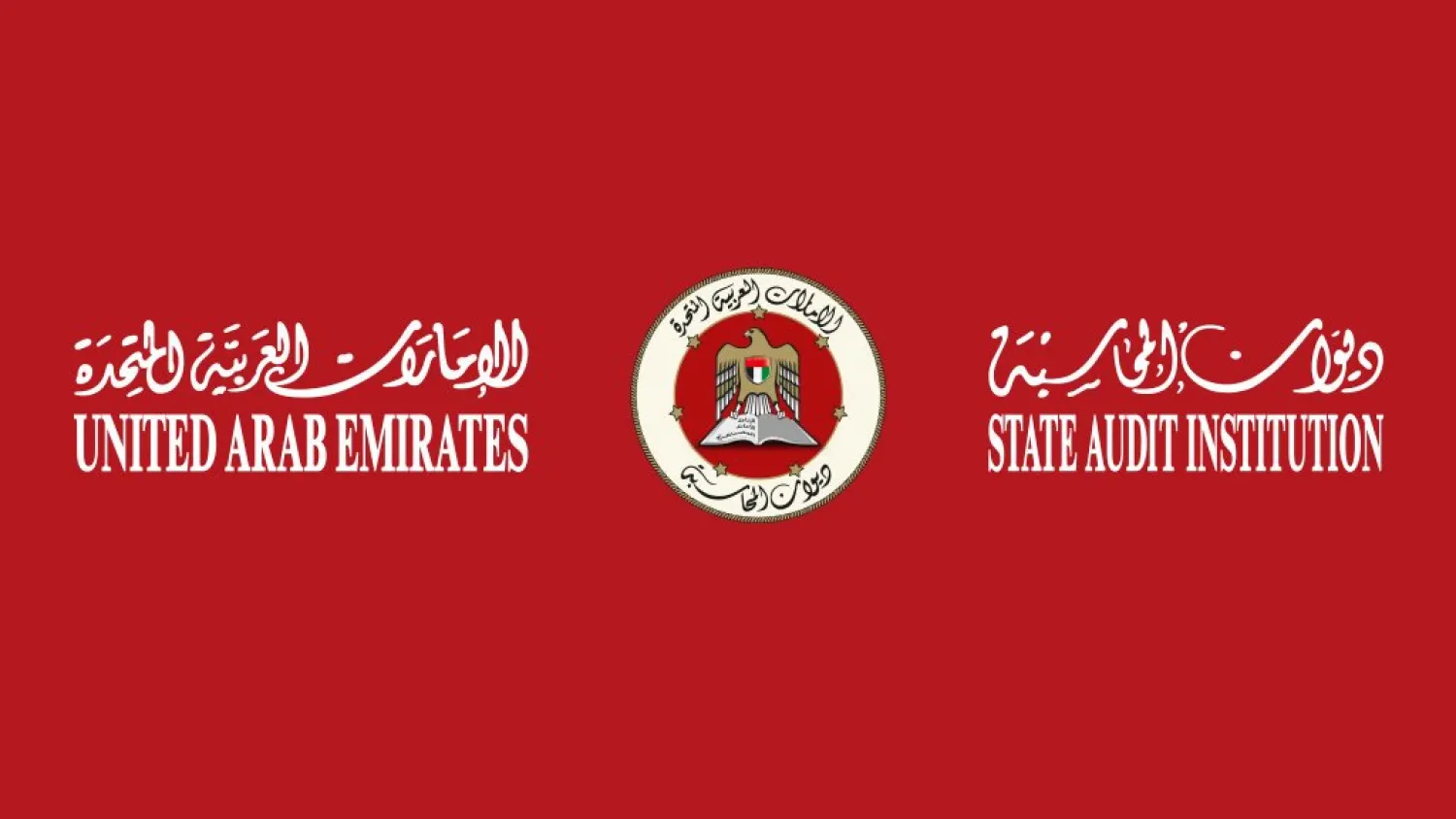President of the General Auditing Bureau in the Kingdom of Saudi Arabia Hussam al-Angari said that cooperation with other bodies concerned with auditing is ongoing, continuous and institutionalized.
He expressed hope that this coordination will be developed to be more effective and that the Bureau performs its roles in line with the aspirations of the Saudi leadership.
Angari’s statements were made on Monday on the sidelines of the signing of a joint cooperation agreement with President of the UAE State Audit Institution (SAI) Harib al-Amimi in Riyadh to develop mechanisms of work, training and exchange of bilateral experiences.
In response to a question by Asharq Al-Awsat about the value of the funds the General Auditing Bureau was able to return to the State Treasury in 2017, Angari replied that these figures are "submitted annually to the Custodian of the Two Holy Mosques King Salman bin Abdulaziz in accordance with the rules of the General Auditing Bureau."
“As for the examination of the final accounts of the state, the Audit Bureau is reviewing all the required space and in great cooperation with the Ministry of Finance. Today, thankfully, we are reviewing the final account of the state with all the work capacity in the Bureau, which comes in line with the royal orders in this regard,” he added.
Dr. Hussam pointed out that the cooperation between the Audit Bureau and the bodies concerned is ongoing.
"We are in constant communication and we hope that this coordination will be developed to be more effective and work with our colleagues in the various audit bureaus to achieve this requirement."
He explained that the agreement will lead to Saudi-UAE coordination in the international forums and organizations concerned with the supreme audit authorities.
“We hope that the agreement will benefit both agencies. There is no doubt that there will be coordination in the training programs, exchange of experiences and joint work in the international organizations concerned with the SAI and accounting,” Angari stressed.
Amimi, for his part, said that joint committees and task forces will be formed to determine the mechanism of work and the proposed dates for implementing this agreement.
“Cooperation will focus on the professional side, the development of mechanisms of audit work in the public sector, consideration of the mechanisms that can be upgraded to institutional control tools through government work and capacity building in the two bodies for the benefit of both countries,” he added.









